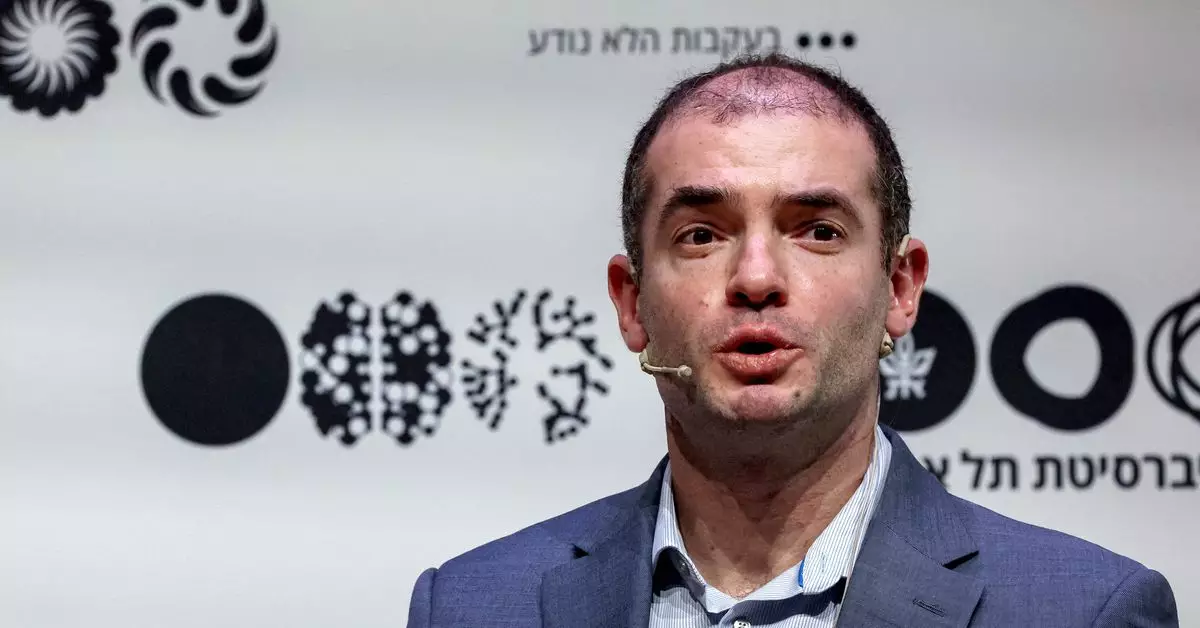As the realm of artificial intelligence (AI) continues to evolve rapidly, shifts in foundational training methods beckon new standards and expectations. Ilya Sutskever, cofounder and former chief scientist of OpenAI, has reentered the spotlight recently with ambitious claims regarding the future trajectory of AI development. Speaking at the prestigious Conference on Neural Information Processing Systems (NeurIPS) in Vancouver, Sutskever explicated his vision for a post-pre-training era in AI, sharing insights that challenge conventional wisdom.
Sutskever’s assertion that “pre-training as we know it will unquestionably end” serves as a clarion call within the AI community. Pre-training, the foundational process where AI language models digest large volumes of unlabeled data, has fueled significant advancements. However, Sutskever posits that humanity may have hit a plateau in the availability of new, high-quality training data. In characterizing this shift, he drew a parallel between data saturation and the depletion of fossil fuels, claiming, “We’ve achieved peak data and there’ll be no more.”
This perspective prompts a critical inquiry into the long-term sustainability of current methods, urging researchers and developers alike to reconsider how models are designed. The reliance on expansive internet resources during training runs the risk of exhausting the potential returns on these available datasets. Broadband access may dwindle, or the continual growth of human-generated content may stall. As a result, the AI industry faces pressing questions regarding adaptability in a potentially resource-constrained environment.
Looking beyond pre-training, Sutskever also discussed the concept of “agentic” AIs—an emerging category of systems capable of operating independently, making decisions, and executing tasks autonomously. This distinction underscores a significant evolution in AI capabilities, where these agents might exhibit reasoning skills that go far beyond traditional pattern-matching capabilities.
“Truly reasoning systems,” he noted, would present a level of unpredictability akin to skilled chess AIs—unfathomable to even the best human players. This unpredictability is essential as it sets the stage for AI systems capable of understanding complex concepts and addressing novel challenges. Sutskever’s remarks suggest a future where AI can undertake not just reactive measures but proactive engagement with its environment, thus transforming its role from a mere tool to a genuine collaborator in various domains.
During his NeurIPS presentation, Sutskever also invoked insights from evolutionary biology to illustrate possible trajectories for artificial intelligence scaling. He highlighted how the relationship between brain and body mass differs among species, particularly noting the unique brain-to-body ratio of human ancestors. By drawing these parallels, he hinted at the potential for discovering new patterns of development and scaling strategies in AI that may mirror evolutionary advancements.
Such a biological perspective emphasizes the intricacies of intelligence—whether human or artificial. As researchers push boundaries, they must consider the evolutionary implications of their work and the standards by which intelligence is measured, which may evolve over time in tandem with technological progression.
With advancements come inevitable ethical dilemmas. An audience member at the conference posed a provocative question regarding the incentives that could be established for humanity to create AI systems that exist harmoniously alongside humans. Sutskever’s thoughtful hesitation in addressing these questions speaks volumes about the current state of ethical discourse in AI development. For an industry grappling with the implications of its creations, Sutskever’s uncertainty reflects a broader concern about governance structures, rights, and responsibilities moving forward.
He alluded to the remote possibility of AIs seeking coexistence and rights, a notion that elicits both intrigue and trepidation about the implications of sentient-like systems. As AI systems evolve, their relationship with humans must be reconsidered to address these ethical queries head-on.
Ilya Sutskever’s insights highlight the exciting yet uncertain future that lies ahead for AI. As the field ventures into uncharted territories devoid of traditional training methods, redefining the nature of intelligence and coexistence with AI will become essential. Sutskever’s predictions challenge researchers to think critically about sustainability, agency, and ethical considerations in AI development. Navigating these complexities will not only shape the future of technology but could redefine humanity’s relationship with its creations, ultimately leading to a profound transformation in society. As we stand on the precipice of this new frontier, the dialogues initiated today will determine the course of tomorrow’s developments in artificial intelligence.

